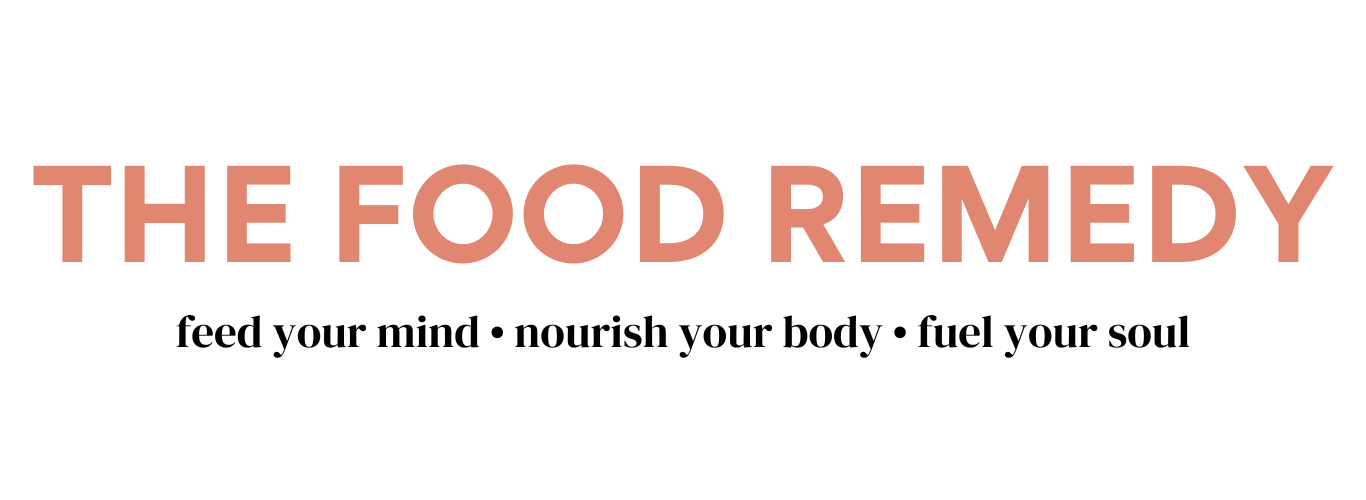Polycystic ovary syndrome is a condition where at least two of the following occur, and often all three: -At least 12 follicles (tiny cysts) develop in your ovaries. (Polycystic means many cysts.)
-The  balance of hormones that you make in the ovaries is altered. In particular, your ovaries make more testosterone (male hormone) than normal.
balance of hormones that you make in the ovaries is altered. In particular, your ovaries make more testosterone (male hormone) than normal.
-You do not ovulate each month. Some women do not ovulate at all. In PCOS, although the ovaries usually have many follicles, they do not develop fully and so ovulation often does not occur. If you do not ovulate then you do not have a period.
Therefore, it is possible to have polycystic ovaries without the typical symptoms that are in the syndrome. It is also possible to have PCOS without multiple cysts in the ovary!
Polycystic ovary syndrome (PCOS) is one of the most common female endocrine disorders. According to Verity, the UK charity for women whose lives are affected by PCOS, polycystic ovaries affects around 20% of women, while the actual ‘syndrome’ affects 5–10% of women.
The exact cause of polycystic ovary syndrome is currently unknown, there is a growing debate between whether the condition is genetic or an auto immune disease. Research in to PCOS shows there is a strong link with insulin resistance and is often found in women with diabetes, this making it likely to be in part a result of changes in our diet, lifestyle and environment.
There is an overwhelming evidence to suggest that diet plays a substantial role in the management of PCOS.
Research has shown that when women with PCOS lose excess weight, their hormone levels start to return to normal. Testosterone levels fall, serum insulin levels go down, Sex hormone-binding globulin levels go up and the symptoms of PCOS diminish, with significant reduction in the growth of excess hair as the women lose weight.
A 1994 study focused on a diet of low glycemic index (GI) carbohydrates. The diet reduced insulin levels and weight in obese hyperinsulinaemic women significantly more than a conventional diet with the same energy. The study supports the idea that a low GI diet may provide the greatest benefits for women with PCOS and insulin resistance.
The glycemic index is the rate at which different foods cause the sugar levels in your blood to rise following a meal.
High GI foods (such as refined bread, pasta and rice) cause high levels of sugar and therefore high levels of insulin.
Low GI foods (such as wholegrains, meat, eggs and pulses) stimulate much lower levels of insulin.
Choosing foods that have a low GI can help you keep your blood sugar levels balanced. This is very important as imbalanced blood sugar levles overstimulates your adrenal glands which produce the stress hormone adrenaline and too much androgen, the male hormone which interferes with ovulation!
Eating food such as chickpeas, lentils and peas could also be beneficial as these food are known as phytoestrogens which could help control levels of testosterone in the blood.
A typical day could look like this
Breakfast 2 Poached eggs on one slice of wholegrain toast with a little butter
Snack- hummus and 2 oatcakes
Lunch-Homemade vegetable and lentil soup
Snack- smoothie blend 2 tsps of live natural yogurt, 2tsps mixed ground seeds (linewoods sell some great varieties), small punnet of berries blueberries/strawberries/blackberries, juice of half a lemon plus a small glass of water to give it a easy to drink consistency
Dinner- chicken breast with roasted Mediterranean vegetables (courgettes/ peppers/ onions/cherry tomatoes/basil ) with a small cup of basmati rice

